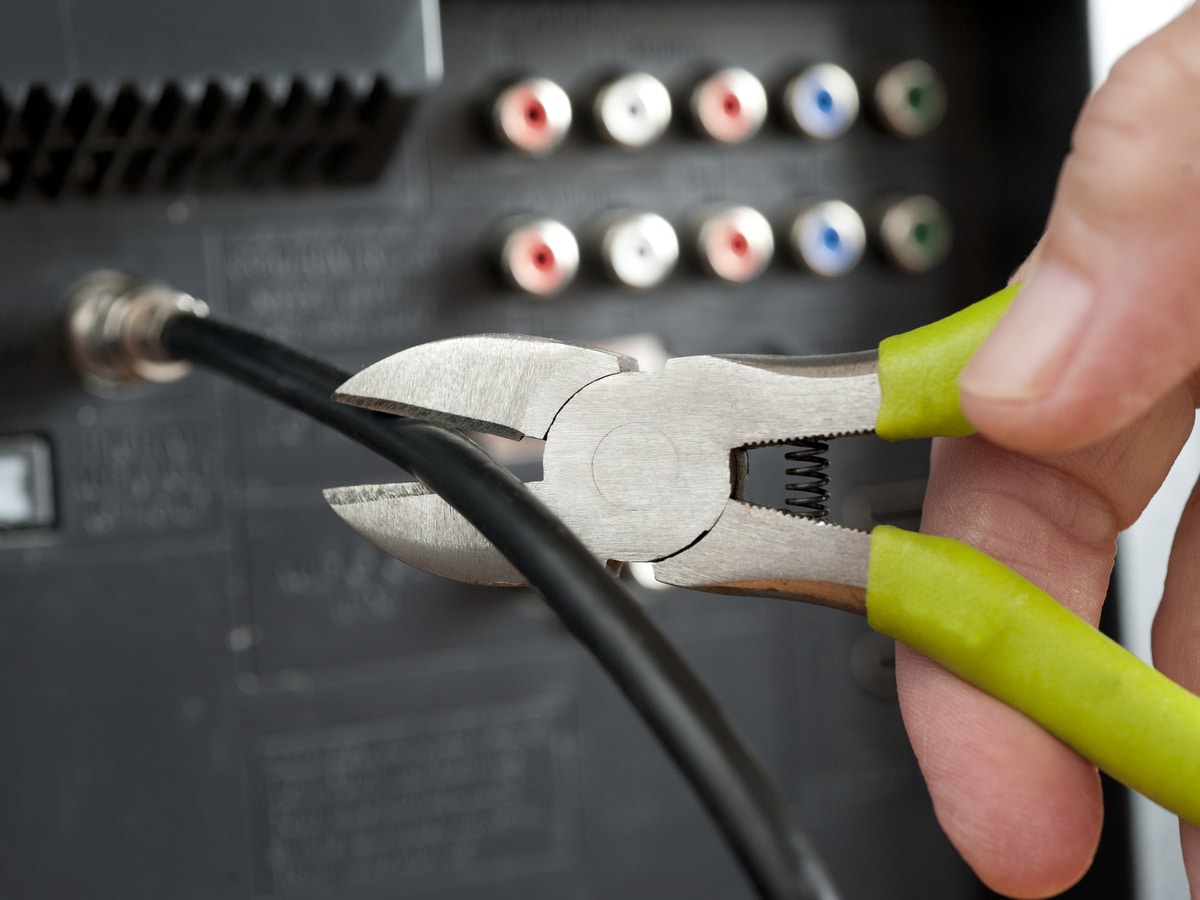Auto Dealers Double Down On Resistance To EV Mandates

Table of Contents
Financial Concerns and Investment Barriers
The transition to electric vehicles presents significant financial hurdles for auto dealerships. The high upfront costs associated with EV inventory, compared to their internal combustion engine (ICE) counterparts, are a major concern. This financial burden is further compounded by the need for substantial investments in supporting infrastructure and training.
- High upfront costs of EV inventory: Electric vehicles often command a higher purchase price than comparable ICE vehicles, tying up significant capital for dealerships.
- Investment in EV infrastructure: Dealerships must invest in charging station infrastructure, requiring considerable capital expenditure and ongoing maintenance.
- Specialized technician training: Servicing EVs requires specialized training for mechanics, adding to the overall investment burden.
- Uncertainty around profit margins: The lower maintenance requirements of EVs compared to ICE vehicles could lead to decreased service and parts revenue, impacting profit margins.
- Lack of government support: Many dealerships feel a lack of sufficient government support in terms of subsidies or grants for EV infrastructure upgrades.
Dealerships are understandably apprehensive about the financial risks involved in embracing EVs, especially when faced with uncertainty about consumer demand and the potential for lower profit margins. These financial barriers are a key driver of their resistance to mandatory EV sales quotas.
Concerns about Consumer Readiness and Market Demand
A significant factor contributing to auto dealer resistance is concern over the current level of consumer readiness for widespread EV adoption. While EV technology is rapidly advancing, several factors continue to hinder consumer acceptance.
- Range anxiety: The limited driving range of many EVs and the availability of charging stations remain major concerns for potential buyers.
- Charging infrastructure limitations: The lack of widespread and reliable public charging infrastructure continues to pose a significant barrier to EV adoption.
- Repair and maintenance concerns: Consumers may be hesitant due to the perceived lack of readily available repair services and parts for EVs.
- Public perception and understanding: A lack of public understanding and awareness about EV technology, benefits, and operating costs contributes to lower consumer demand.
- Preference for familiar technologies: Many consumers remain comfortable with the established technology of internal combustion engines (ICE) and may be hesitant to switch.
Dealers argue that aggressive government mandates are premature, given the relatively slow consumer adoption rate compared to projections. They fear that forcing EV sales could lead to an inventory glut and significant financial losses.
The Impact of EV Mandates on Dealership Business Models
EV mandates pose a significant threat to the established business models of many auto dealerships. The reduced maintenance requirements of EVs directly impact their revenue streams.
- Reduced reliance on service and parts sales: EVs require significantly less maintenance than ICE vehicles, leading to a reduction in revenue from service departments and parts sales.
- Potential job losses: The shift to EVs may lead to a decrease in the demand for ICE-specific mechanics, potentially resulting in job losses within dealerships.
- Business model adaptation: Dealerships need to adapt their business models and infrastructure to accommodate the shift towards EVs, a process that requires significant investment and organizational change.
- Impact on manufacturer relationships: The transition to EVs may disrupt existing relationships with manufacturers and suppliers, leading to further challenges for dealerships.
The core concern is the potential disruption of their established revenue streams and the need for a substantial and costly overhaul of their business operations.
Lobbying Efforts and Political Influence
Facing the threat of substantial financial losses, auto dealer associations are actively lobbying against stringent EV mandates. They are utilizing various channels to influence government policy.
- Strong lobbying efforts: Automotive dealer associations are actively engaging in lobbying efforts to influence legislation related to EV mandates.
- Political contributions and influence: These associations are using political contributions and influence to shape the legislative landscape surrounding EV adoption.
- Advocacy for gradual implementation: The focus is on advocating for a more gradual implementation of EV mandates to allow for a smoother transition.
- Focus on infrastructure and education: Dealers are emphasizing the need for improvements in charging infrastructure and consumer education as more effective alternatives to sales quotas.
Their lobbying efforts highlight the significant political and economic power of the automotive dealer network and its determination to influence the pace and nature of the transition to electric vehicles.
Conclusion
The resistance to EV mandates from auto dealers is multifaceted, arising from genuine concerns about financial viability, consumer readiness, and the potential disruption of established business models. The transition to electric vehicles is undoubtedly inevitable, but a successful transition requires acknowledging and addressing the valid concerns of dealerships. Ignoring these challenges will only hinder the broader adoption of EVs. Addressing the concerns of auto dealers is critical for a successful transition to a future powered by EVs. Finding collaborative solutions that balance environmental sustainability with the economic realities of the automotive industry is essential. Open dialogue, strategic partnerships, and a phased approach to implementing EV mandates are key to overcoming the resistance and accelerating the widespread adoption of electric vehicles.

Featured Posts
-
 Anchor Brewing Company Shuttering After 127 Years A Legacy Concludes
May 04, 2025
Anchor Brewing Company Shuttering After 127 Years A Legacy Concludes
May 04, 2025 -
 The Untapped Potential Of Middle Managers Key Contributors To Business Success
May 04, 2025
The Untapped Potential Of Middle Managers Key Contributors To Business Success
May 04, 2025 -
 Spring Snowfall Forecast 1 2 Inches For Parts Of Nyc Suburbs
May 04, 2025
Spring Snowfall Forecast 1 2 Inches For Parts Of Nyc Suburbs
May 04, 2025 -
 Is Marvel Losing Its Way A Critical Look At Recent Productions
May 04, 2025
Is Marvel Losing Its Way A Critical Look At Recent Productions
May 04, 2025 -
 Lizzo Compares Britney Spears To Janet Jackson Fans React
May 04, 2025
Lizzo Compares Britney Spears To Janet Jackson Fans React
May 04, 2025
Latest Posts
-
 Cord Cutting Guide Access Fox Sports News And Shows Online
May 04, 2025
Cord Cutting Guide Access Fox Sports News And Shows Online
May 04, 2025 -
 Watch Fox For Free Alternatives To Cable Tv
May 04, 2025
Watch Fox For Free Alternatives To Cable Tv
May 04, 2025 -
 Cut The Cord And Watch Fox Guide To Live Streaming
May 04, 2025
Cut The Cord And Watch Fox Guide To Live Streaming
May 04, 2025 -
 Emmy Nominations Greg Olsens Third Nod Tops Tom Bradys Record
May 04, 2025
Emmy Nominations Greg Olsens Third Nod Tops Tom Bradys Record
May 04, 2025 -
 Stream Fox Live Best Ways To Watch Without Cable
May 04, 2025
Stream Fox Live Best Ways To Watch Without Cable
May 04, 2025
